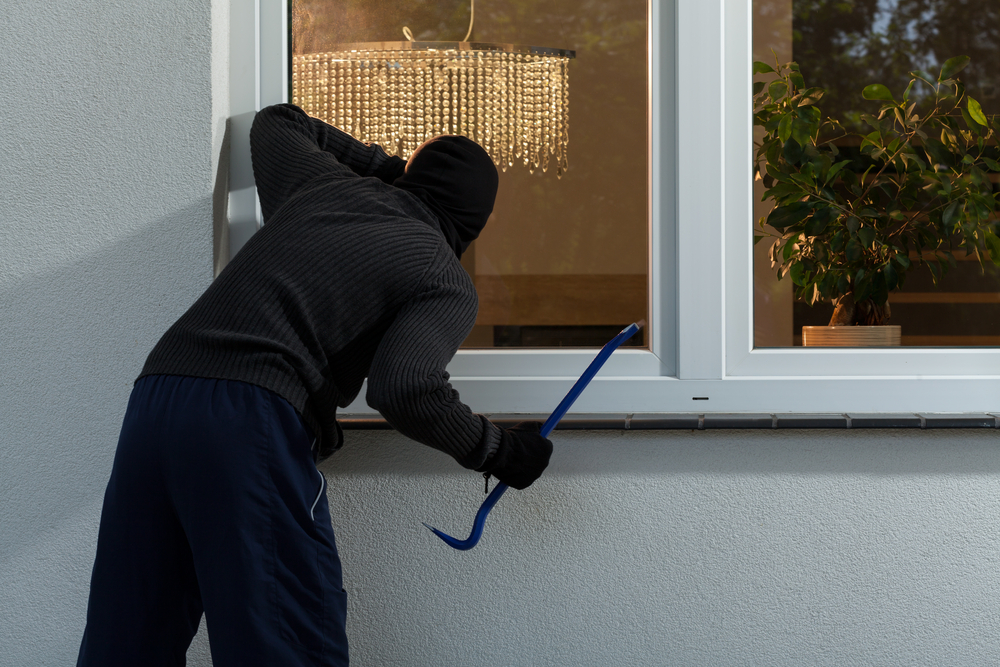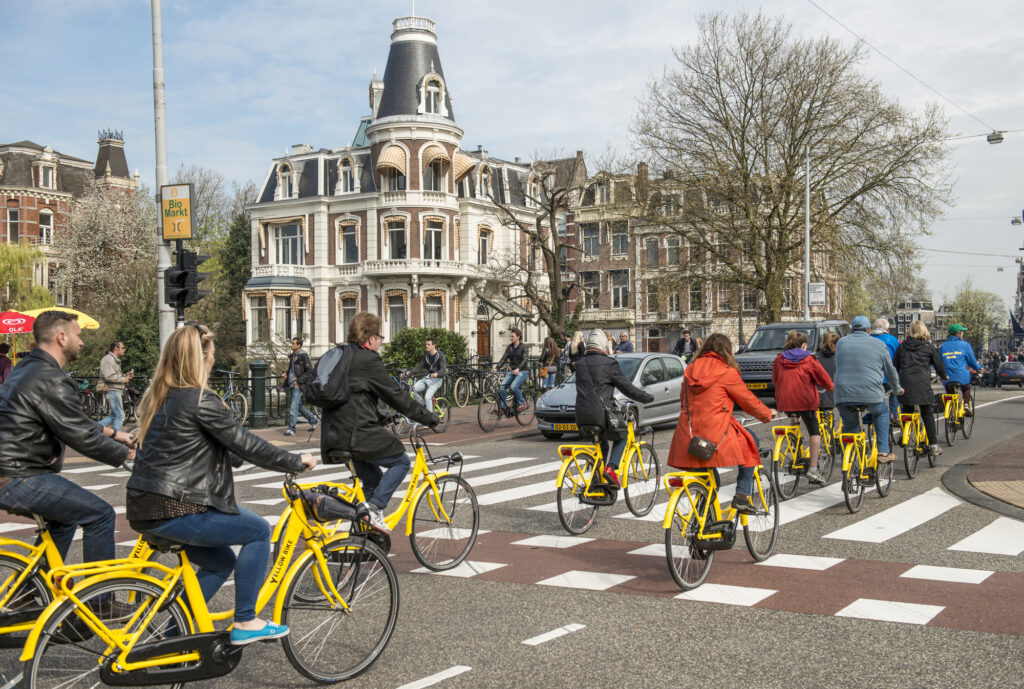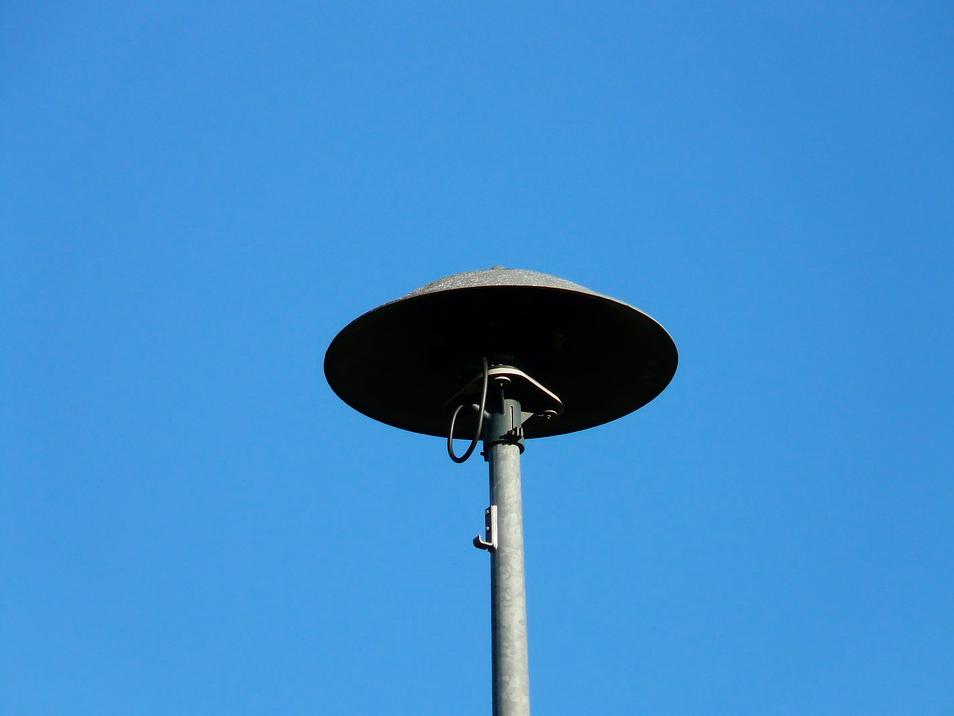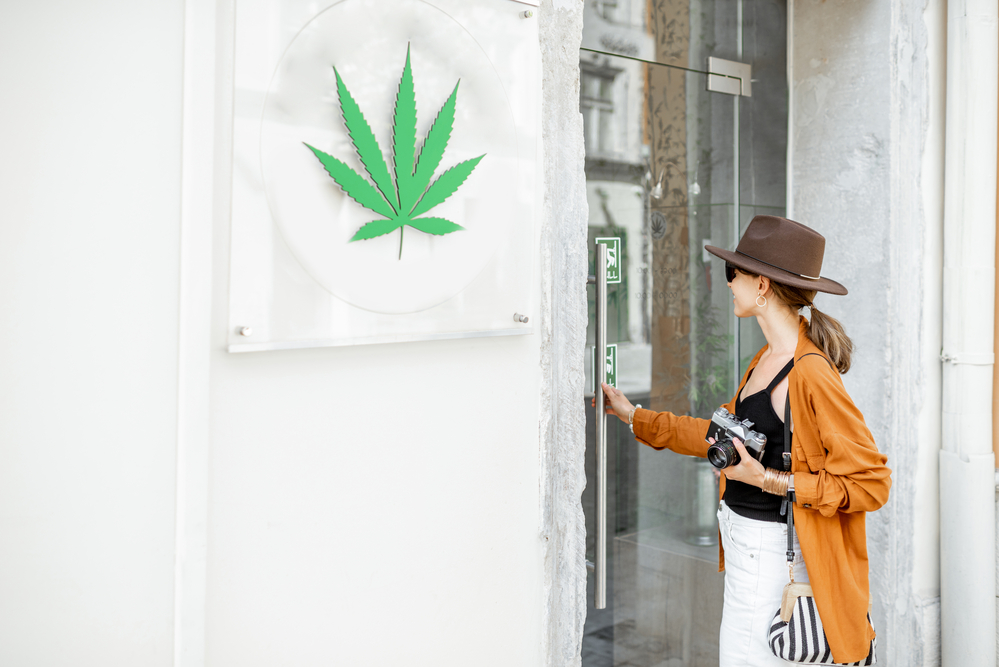In a country that’s described as overly bureaucratic, it’s not surprising that the Netherlands controls some things you wouldn’t expect them to.
From who can share houses, to where you can lock a burglar, and whether you can take an acorn from a forest tree — let’s jump right into the world of strange Dutch laws!
1. Locking a burglar in your toilet? Illegaal!
Picture this: a robber breaks into your house while you’re at home. In a burst of adrenaline and quick thinking, you trap them in the bathroom. 🪠

Hoera, success! Well, nee.
By locking up that burglar and depriving them of the privilege of stealing your stuff, you’re simultaneously depriving the burglar of their liberty — and that’s against the law.
2. Want a divorce? Your in-laws are forever after
Let’s hope that pesky mother-in-law isn’t the reason for your marriage breaking down.
The bad news is: in the Netherlands, they’re still your family — even once the ink on your divorce papers has dried.
3. It’s illegal not to have lights and a bell on your bike (but helmets are optional)
In a lot of countries, this is the other way around, due to obvious safety reasons. And, of course, if you’re out with a small child, they usually have to wear some form of protection.

Not in the Netherlands, though. In fact, a missing bell or light can land you a €70 fine here.
But as long as you have lights for visibility and a bell to attract attention, you’re good to go.
READ MORE | Dos and don’ts of riding a bicycle in the Netherlands
Is it safe or just stupid? The debate on whether we should all wear helmets continues for now. Luckily, the Netherlands does have great bike lanes, which definitely makes it a heck of a lot safer. 🤷♀️
4. Bikes have right of way: they rule over cars AND pedestrians
Say you were walking along a bike path and a bike hits you. In most cases in the Netherlands, the bike rider is not necessarily liable in this case.
That is because, unless indicated otherwise, bikes have right of way. So even if it wasn’t your fault, it was your fault. 🤷♀️
The same goes for a car hitting a bike — that’s a big no-no too.
Please, people, watch out for bikes! And cars, you watch out for them too. They rule us all. 🚲
5. Emergency sirens need to be tested every month
You may have all heard that weird and loud sound going off at 12 PM the first Monday of every month. No, we’re not under attack.

Instead, the Dutch government requires these emergency drills at least once a month to test the alarms. 🚨
While this is not technically a law, it does mean that we have to listen to it every first Monday of the month, FOREVER.
6. Taking a souvenir from the forest? Think again
Not only are many nature reserves not open before sunrise and after sunset, but all products of a forest belong to the municipality.
That means taking moss, mushrooms, or even a fallen acorn is strictly prohibited. 🌱
7. You cannot legally marry in the Netherlands unless one of you has residency
Unlike in Las Vegas, you can’t come to the Netherlands from abroad to get married. 🚫💒
If you’re wanting to get hitched on the canals of Amsterdam and neither of you is a registered resident, forget it.

In order to get married, the Netherlands requires at least one of the partners either be Dutch or to legally live in the Netherlands.
8. House sharing is technically not allowed
Three or more young singles are technically not allowed to live together, not without the required permit, at least. This is to prevent a load of house shares.
It’s a law that is pretty much never enforced, though, so it’s just pointless and bizarre and definitely doesn’t help the housing crisis.
9. It’s illegal to go into a coffeeshop if you’re under 18
It’s not illegal for individuals under 18 years old to go into a regular coffee shop or ‘café’. Coffeeshops in the Netherlands, however, are special.
READ MORE | Is smoking weed in Amsterdam legal? (+ 7 best coffeeshops!)
As you probably know, Dutch coffee shops sell weed, so if you’re underage, you aren’t allowed in.

Sorry, no drugs for those under 18! Seems fair enough though, as you can’t drink till you’re 18 either.
10. Trees must be reinforced to prevent them from sinking by canals
Since much of the Netherlands is built on water, structures must be reinforced, so they don’t sink. But it’s not just the houses, it’s the trees too!
READ MORE | The Dutch built cities on sinking land: how will this fare with climate change?
While this sounds like a strange law, we think it’s great that trees are just as protected as canal-side houses! 🌳
11. Keep off the grass — by law
A walk in the park or a picnic on the grass? Not in Oldenzaal, and many other Dutch towns.

Walking, sitting, or just generally hanging out beyond the designated paths in parks, public gardens, green areas, and lawns are technically not allowed — unless you get a permit from the municipality, of course.
12. Tenants have incredible protection when renting
A law that’s good for tenants and not so good for landlords, tenants have an incredible amount of protection. In fact, the landlord can’t kick you out unless a court rules that they can.
Pretty bizarre if you aren’t paying the rent and trashing the place. Great if you don’t want to be made homeless by your landlord for literally no reason.
While some are good, others are just bizarre. But after all, the Netherlands seems to be functioning quite well — so these 12 weird laws that the Netherlands has must be doing their job!
What other Dutch laws do you find weird or cool? Tell us in the comments below!





This is a very interesting article. Thank You.
#2is not true, house sharing is allowed, though in most cities you need a permit when it is more then a certain number of people. Apparently in the city where the article was written this limit is 2 people, which I find very low, more common is 3-5 people.
I was wondering about that.I read a lot how people share house, especially for College and low housing availability.
Bicycles do not have the right of way at all time. Absolutely not! It is true that a traffic participant with a more “deadlier” vehicle is supposed to be more careful. Therefore, if a car hits a cyclist, he might be right, but still liable. However, that surely goes for the pedestrians, if a cyclist hits a pedestrian, the cyclist is liable. Who has the right of way, has nothing to do with this.
It is also determined per municipality if you can have roommates, I had several, once 3 at the same time, all registered at my address. No problem.
You can absolutely get married in the Netherlands if neither of you is Dutch.
In some cases a declaration may be asked, proving it is not an involuntary marriage, but most of the time it is fine.
Contrary to popular believe, drugs are always illegal in the Netherlands. Coffee shops are merely tolerated, but actually NOT legal. That is why these shops are called coffee shops and not weed shops or drug shops. That is why children are not allowed in these shops. Alcohol is a terrible drug, but unfortunately this is legal and therefore children may enter a bar , under supervision, but they are still not allowed to drink.
The monthly alarm is government regulated, but this is no legislation.
This means that half of the story is not exactly correct……
Since visiting Netherlands, cyclists do tend to act like they own the road.
You can’t get work without a permit.
You can’t get a permit without work.
No 10. The title “It’s illegal not to have lights and a bell on your bike, but not to wear a helmet” is misleading and incorrect. It’s missing a second “not”. Now it’s implying that it’s “illegal not to wear a helmet” which is not true (and if true would not make it “weird”).
.
For clarity it should have read “It’s illegal not to have lights and a bell on your bike, but not illegal not to wear a helmet”. Or make the last part shorter: “but legal not to wear a helmet”.
you made it more confusing
Re my previous comment on the title of No. 10.
After reading it again, the title could also imply “it’s not illegal to wear a helmet” or in other words “it’s legal to wear a helmet”, which is CORRECT but not surprising or “weird” and I think that is not what the author meant.
What times is construction noise allowed in residential streets in Amsterdam Oud West? Thanks
no. 10 is not weird, why not require cyclist to be save. Light and bell are more important then helmets in regards to safety so nothing weirtd about that
no. 7 is not correct, there are no mandatory emergency drills required in the Netherlands. The alarm still sounds every month but this is a remnant from the time these sirens where made from metal and had to be put into motion to prevent them from rusting. As random activation would have caused too much confusion it was decided that they would always go off at the 1st monday of the month. Leading to the joke that this would be the perfect time for the russians to attack
Coffee shops are not the same as coffeeshops, spelling is different for a reason. Coffee shops are cafés coffeeshops are where you buy weed.
It is indeed unlawful to keep someone from their liberty. However in a situation where your life might be in danger, keeping the burglar from their liberty will not be considered ”unlawful” by the judge.
when you rent a house, the house does not a floor!! The previous ones have to remove floors and wallpapers!!!! that is the craziest thing! OR you can buy them from previous tenants !
Could we get rid of the very common misunderstanding that bicyclists rule everyone including pedestrians? That’s not how Dutch traffic laws are set up.
Legal protection is depending on the vulnerability. The more vulnerable you are, the more you are protected by Dutch law.
People who are protected most are young people up to 12 years, disabled people and pedestrians. No matter what vehicle you are driving, if you get in an accident with one of those people, you are liable for their damages. No ifs, no buts, no exceptions. You can also expect to have to appear in court and get a fine for dangerous driving.
The list in order of most protected to least protected is
1. Pedestrians, children up to 12 years and disabled people
2. Bicyclists
3. People on scooters and mopeds.
4. Drivers of cars and motorbikes
5. Drivers of buses and HGV’s
Alot of wrong information simply posted